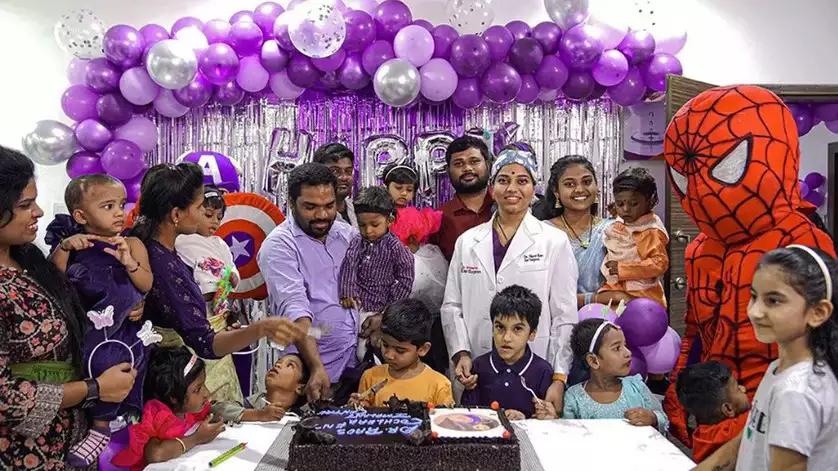The Emotional Burden of Inherited Hearing Loss
The discovery of hearing loss in a newborn can be deeply painful for parents. For deaf parents, the likelihood of having a child with hearing impairment due to genetic factors can add layers of complexity to an already sensitive situation. The quiet determination of a hearing-impaired couple in the 1972 film Koshish resonated with viewers, capturing the universal hope that parents have for their children's well-being.

Advances in Science: A New Ray of Hope
Advancements in science have identified genetic mutations in genes such as OTOF, DFNA5, REST, and EYA4 as potential culprits for hearing loss. Treatments targeting OTOF mutations are particularly promising, offering new possibilities for addressing hearing loss in children and potentially transforming the landscape of pediatric audiology.
Auditory Neuropathy: A Unique Challenge
Auditory neuropathy is a rare genetic condition where the inner ear detects sound but the transmission to the brain is impaired. Cochlear implants can offer a viable solution for children with auditory neuropathy, providing them with the opportunity to develop hearing and speech skills.
Gene Therapy: A Groundbreaking Solution
Gene therapy for auditory neuropathy represents an exciting frontier in hearing loss treatment. The world's first application of gene therapy for auditory neuropathy was recently witnessed in the case of Opal Sandy from Oxfordshire, showcasing the potential of gene therapy in treating auditory neuropathy and marking a significant milestone in the field of hearing loss intervention.
The Procedure and Early Intervention
Gene therapy for auditory neuropathy targets the underlying genetic cause of the condition, specifically focusing on variations in the OTOF gene. Early intervention is crucial yet challenging, as children with this specific genetic variation often pass initial hearing screenings. Early identification and intervention through genetic testing and timely application of treatments like gene therapy are vital to maximize the chances of optimal outcomes.
Promising Results and Challenges
The results of the pioneering gene therapy for auditory neuropathy, as demonstrated in Opal Sandy's case, have been remarkably promising. However, the treatment faces several significant challenges, including its experimental phase and the need for FDA approval. It's crucial to recognize that this therapy is not a universal solution for hearing loss and is specifically targeted at hearing impairment caused by OTOF gene mutations.
Cochlear Implant: A Proven Alternative
While gene therapy holds promise for the future, cochlear implants remain a highly effective and widely available solution for many individuals with severe to profound hearing loss, including those with auditory neuropathy. For those considering hearing loss treatment options, it's crucial to consult with an experienced specialist who can provide personalized advice.









Comments